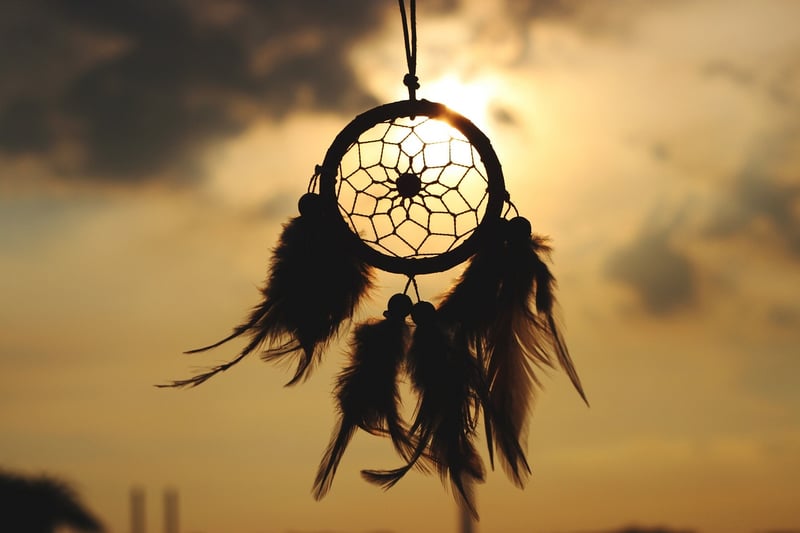Folklore Beliefs
The Fascinating World of Herbal Myths and Folklore Beliefs
Herbs have been an integral part of human history for centuries, not only for their medicinal properties but also for their rich cultural significance. Across different cultures, herbs have been associated with various myths, traditions, and folklore beliefs that continue to intrigue and inspire us today.
1. Sage: Wisdom and Protection
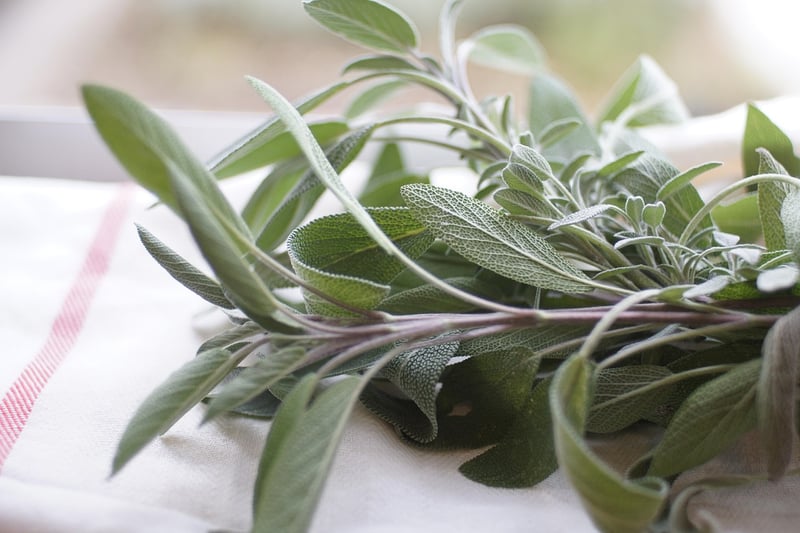
In folklore, sage is often linked to wisdom and protection. Ancient Romans believed that sage could impart wisdom and even improve one's memory. Burning sage was also thought to cleanse a space of negative energy.
2. Lavender: Love and Relaxation
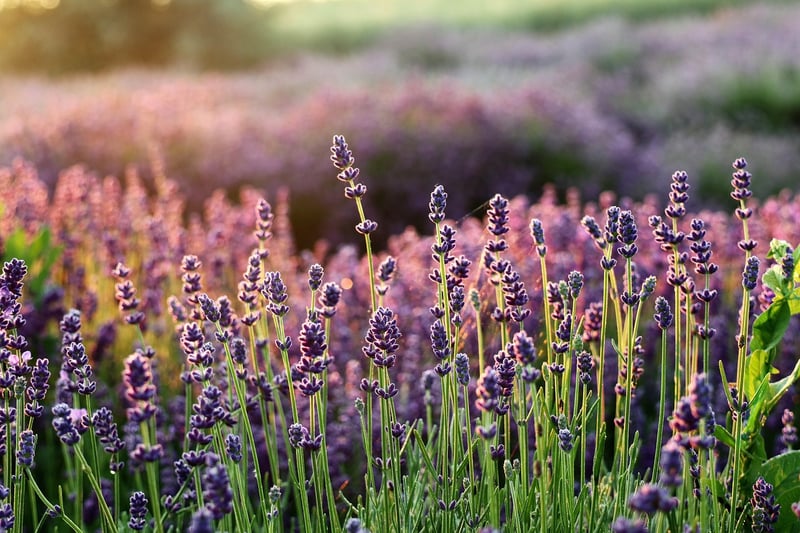
Lavender is associated with love, relaxation, and tranquility. In medieval times, it was used in love potions, and its scent was believed to attract love. Lavender was also used to promote peaceful sleep and ward off evil spirits.
3. Rosemary: Memory and Protection
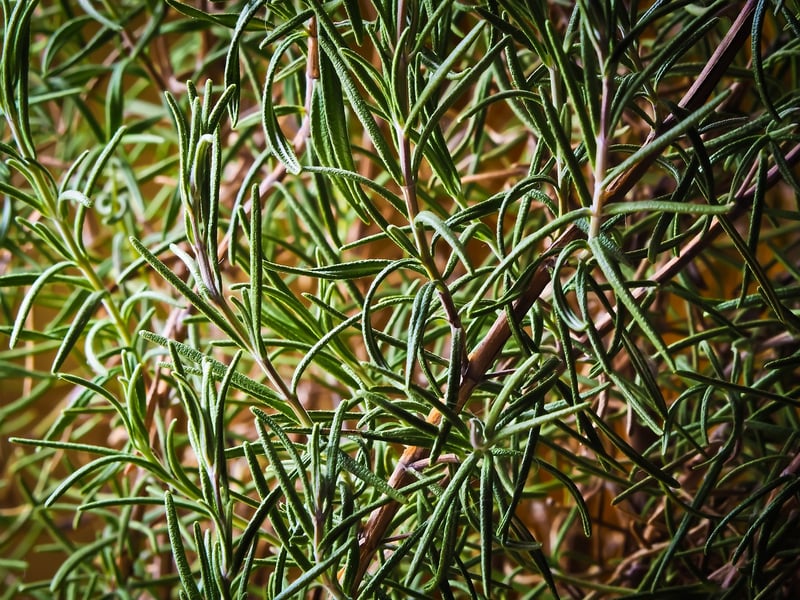
Rosemary has long been associated with memory enhancement and protection. In ancient Greece, students would wear rosemary garlands during exams to improve their memory. It was also believed to ward off evil spirits and protect against negativity.
4. Thyme: Courage and Strength
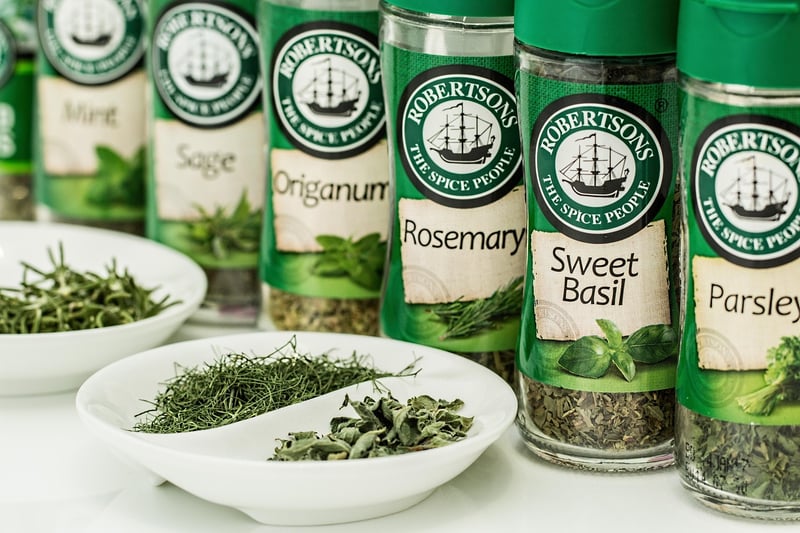
Thyme is often linked to courage and strength in folklore beliefs. Ancient Egyptians used thyme in their embalming process to impart courage to the deceased on their journey to the afterlife. It was also believed to ward off nightmares and bring about courage.
5. Chamomile: Relaxation and Healing
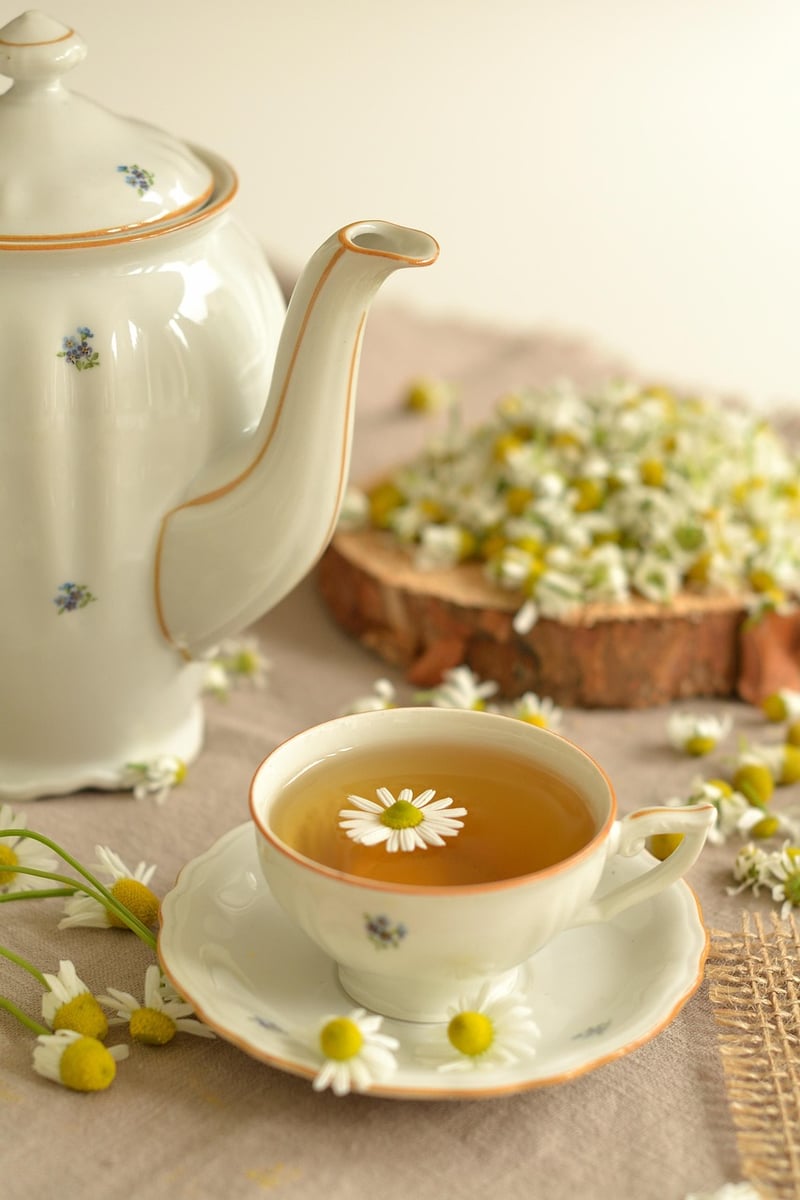
Chamomile is renowned for its calming and healing properties. In folklore, chamomile was used to promote relaxation, reduce anxiety, and aid in sleep. It was also believed to have healing powers and was used in various remedies.
6. Mint: Prosperity and Protection
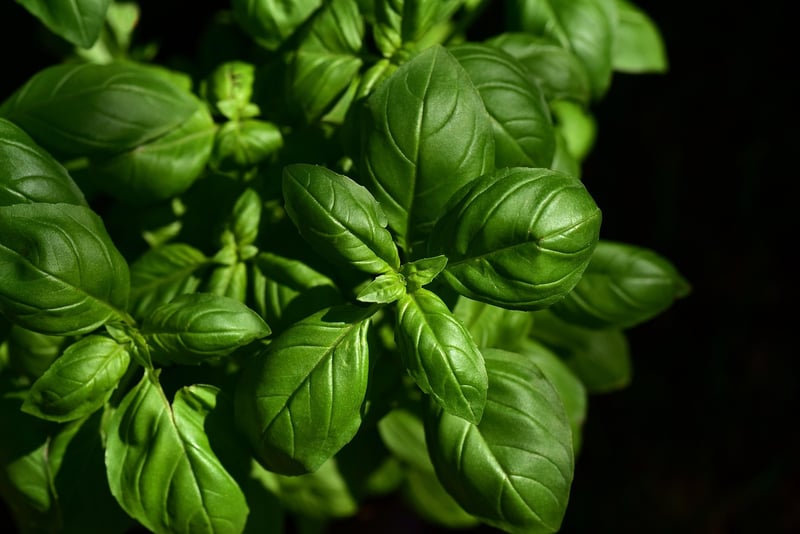
Mint is associated with prosperity and protection in folklore beliefs. Ancient Romans believed that mint could attract wealth and prosperity. It was also used to ward off evil spirits and bring protection to the home.
Exploring the myths and folklore beliefs surrounding herbs not only provides insight into ancient cultures but also highlights the enduring power of these botanical wonders in our modern lives.
Next time you brew a cup of herbal tea or sprinkle herbs into your cooking, remember the rich history and traditions that accompany these humble plants.
Embrace the wisdom of the past and the healing properties of nature as you incorporate herbs into your daily rituals.
